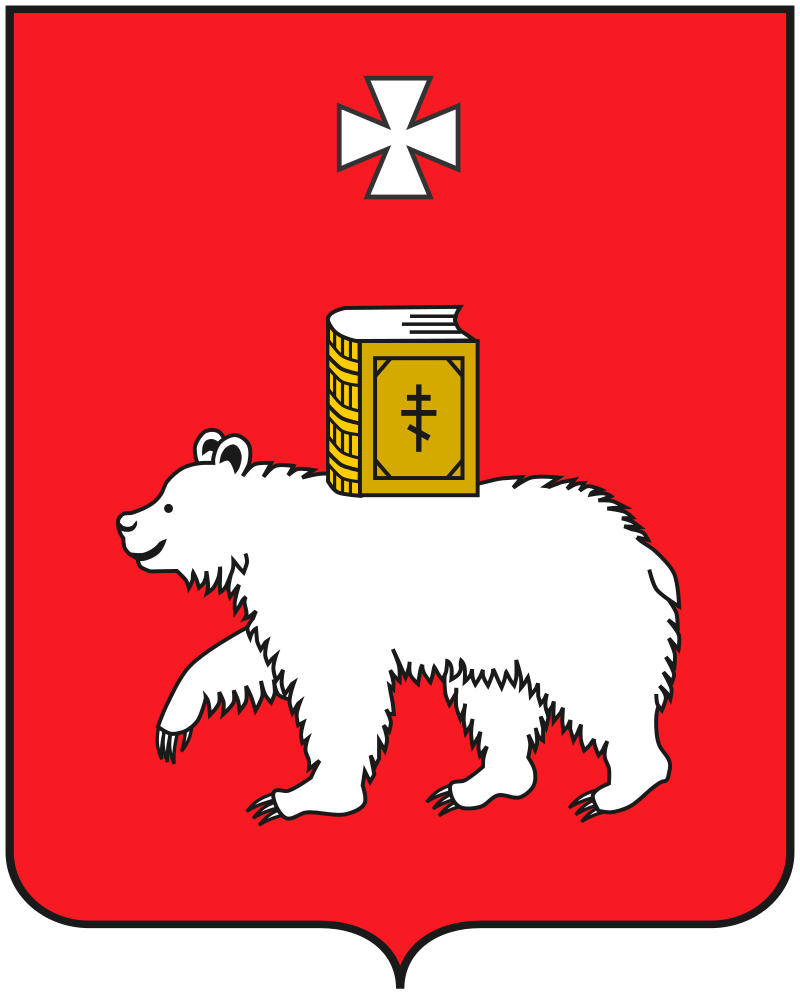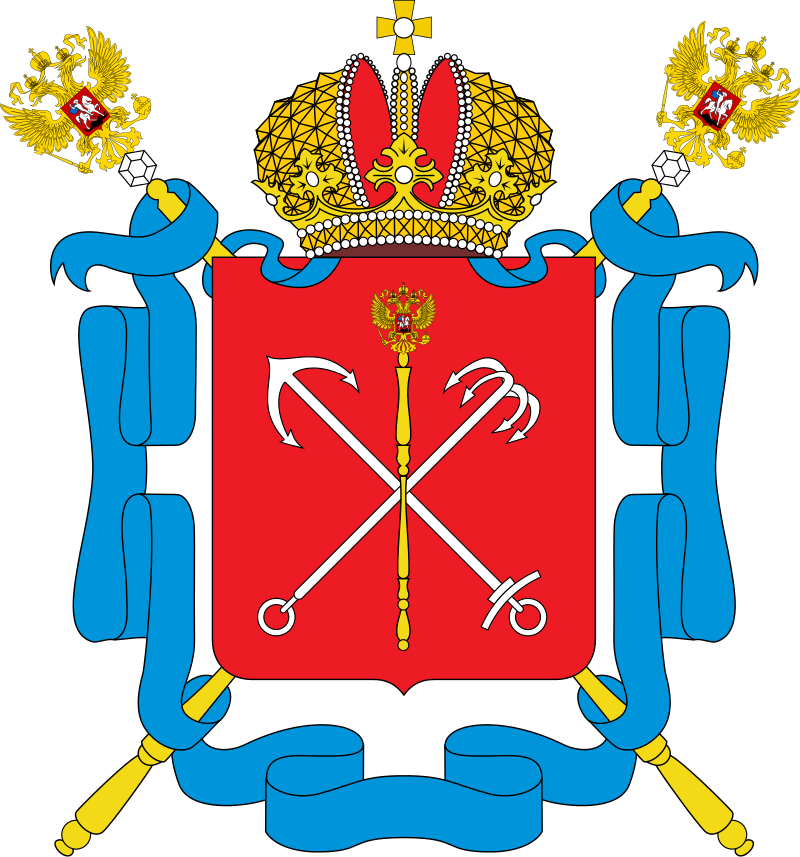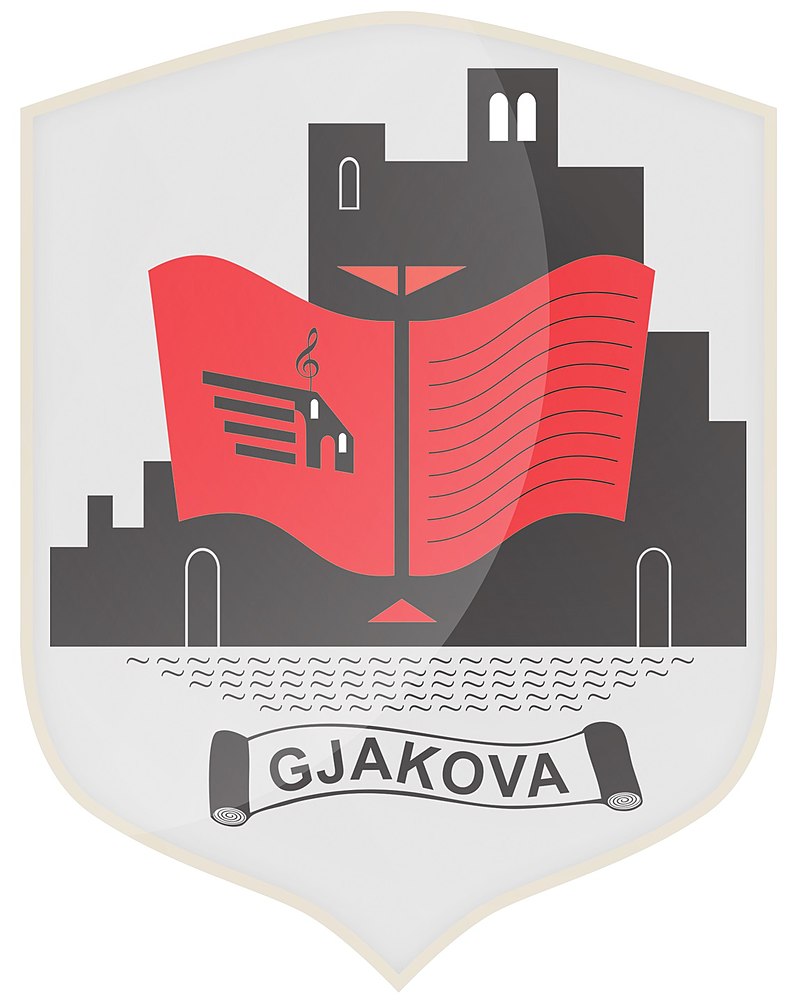5 Local COP in Kosovo and Russia
SUSWELL establishes local communities of practice in Pristina, Gjakova, Perm, St. Petersburg and Belgorod.
Click the following links to learn about the communities' individual aims, stakeholders and activities.





Establishing Local Communities of Practice
The assumption behind our approach is that the health and well-being sector is complex. And that the complexity of the challenges need to be tackled together with the variety of stakeholders involved in the sector. This leads to viable participation, positive health and well-being of citizens.
However, supporting systems for health and well-being are often organized within the separation of social care and health care. They are predominantly problem-based and supply-led. The sectors are driven by specialization which leads often to fragmentation in care provision. This is also the case in Kosovo and Russia.
Most recent care system developments call for holistic outward-looking approaches. These go beyond integrated care and nurture transformative change within and between sectors: like health care or social care but also like sports, education and economy. Such a transformative, intersectoral change in the repositioning and reorganisation of the care for health in society can be supported by initiating local Communities of Practice (COP).
Communities of Practice describe a social learning pathway. In a COP, people commit to improve a common concern around a complex social challenge. They interact regularly to learn and to co-create innovative solutions. This leads to the fact that the knowledge and capability of people and their social environment to improve health and well-being can be better capitalized.
Yanuz Social Innovation Learning Space
The implementation of local COP is supported by change agents or change agencies. These are one or more people who facilitate and take different roles during the set-up and running of communities of practice. They support the local COP in a way that these promote mutual learning and the development of social innovation in order to enable social change. The change agent ensures that the learning and innovative practices developed are bridged towards (higher) education so that the local COP becomes an instrument for education to anticipate contemporary challenges and gives a structure for lifelong learning. (Source: Yanuz Social Innovation Learning Space)

